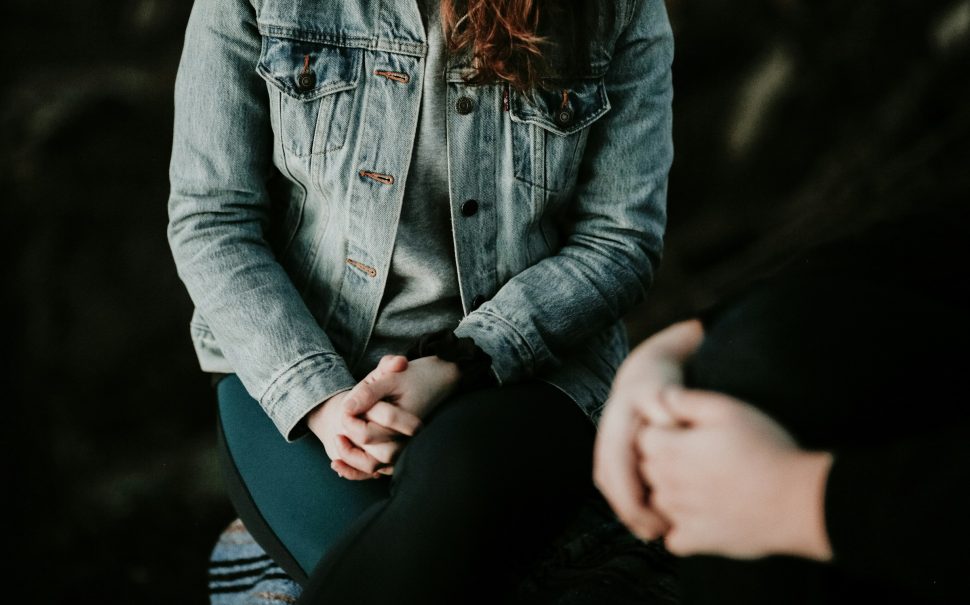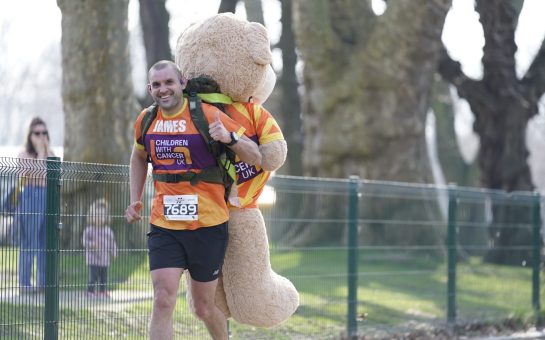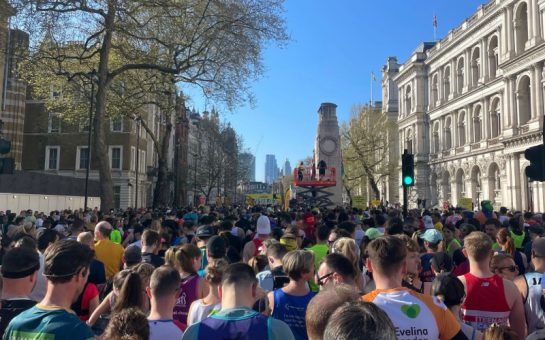Young people are consistently the group most likely to suffer poor mental health according to data from the Office for National Statistics.
The personal well-being and loneliness survey shows people aged 16 to 28 to have been, on average, feeling the most unhappy, anxious and unsatisfied with their lives than any other age groups this year.
In the survey, people aged 16 and over were asked to answer four questions with a score of zero to ten, with zero being “not at all” and 10 being “completely”.
The youngest age group has given the most severe scoring in 80% of the times each question has been asked since March.
Adam Jones, policy and public affairs manager from children’s mental health charity Young Minds said he sees children regularly being let down by mental health services.
He said: “As a society we can’t accept a system that’s letting young people down any longer.”
Jones explained the numbers reflect what Young Minds sees, and believes that if the dataset included younger ages then the youngest age group would remain as the group struggling with mental health the most.
It is worth noting that the survey only started breaking down the participant’s answers by their age in the 27 March to 7 April 2024 edition of the dataset, about two years after the survey started.
He claims children are being let down by mental health services because they fail to tackle the root causes of poor mental health and do not support children enough on their journey.
This is why children often end up supporting each other when they feel they cannot rely on official services, with Jones acknowledging that while it is comforting to see children empathising with each other and challenging stigmas of mental health, it should not fall on them to support their friends.
Jones reflected on one of the most vivid cases he has seen of a child being let down by services, explaining that one child and their family were left so desperate after being unable to access support, that they moved 200 miles to have better access to services despite that child being an active suicide risk.
Improving children’s access to services is a key problem which Jones says Young Minds is working towards, and pointed to the general election as what he hopes will be a key turning point in terms of how seriously the government will view the problem.
All seven of the major political parties taking part in the general election made some form of pledge to improve children’s mental health services if elected.
The Green Party, Labour and the Conservatives all emphasised the need to give mental health the same attention as physical health.
Sir Keir Starmer’s party focused on the waiting lists for services and promised to recruit 8,500 additional mental health staff specially trained to support people at risk, as well as specialist mental health professionals in schools and community mental health hubs for young people.
The Conservatives also said they would open early support hubs for young people, in addition to expanding NHS talking therapies by 50%.
The Green Party promised to make mental health therapy accessible to those who ask for it within 28 days of their request, and, like Labour, highlighted the important role schools play in supporting children’s mental health.
Plaid Cymru took a more legislative approach to mental health, vowing to reform the Mental Health Act and transfer powers from the Act to Wales.
The Scottish National Party centred their mental health policy on a 25% increase in investment, with a principle of “ask once, get help fast”.
The Liberal Democrats said they will ensure there is “mental health support for children in every school”, while Nigel Farage’s Reform UK was focused on motivating 2 million people back to work and launching an “inquiry into social media harms”.
Jones said that while the “immediate availability” of information on social media is sure to have had some effect on young people’s mental health, it is important to recognise all contributors to mental health.
According to Young Minds, 43% of young people don’t believe the main political parties running for election care about their mental health, with Jones underlining how the charity is pushing for a whole young voices to be at the forefront of these discussions.
He said: “As a campaigning charity we are desperate that this general election campaign does include voices of young people and does elevate their perspective into the national conversation.
“Often political discourse can be incredibly patronising, and just lacks the voice of young people.
“Stop talking about young people and start talking to young people – you will be surprised at the amazing things you hear from them.”
If you or someone you know is struggling with mental health, you can call the Samaritans on 116 123 or text “Shout” to 85258.
You can also visit the Young Minds website here: https://www.youngminds.org.uk/.
Featured image credit: Priscilla du Preez





